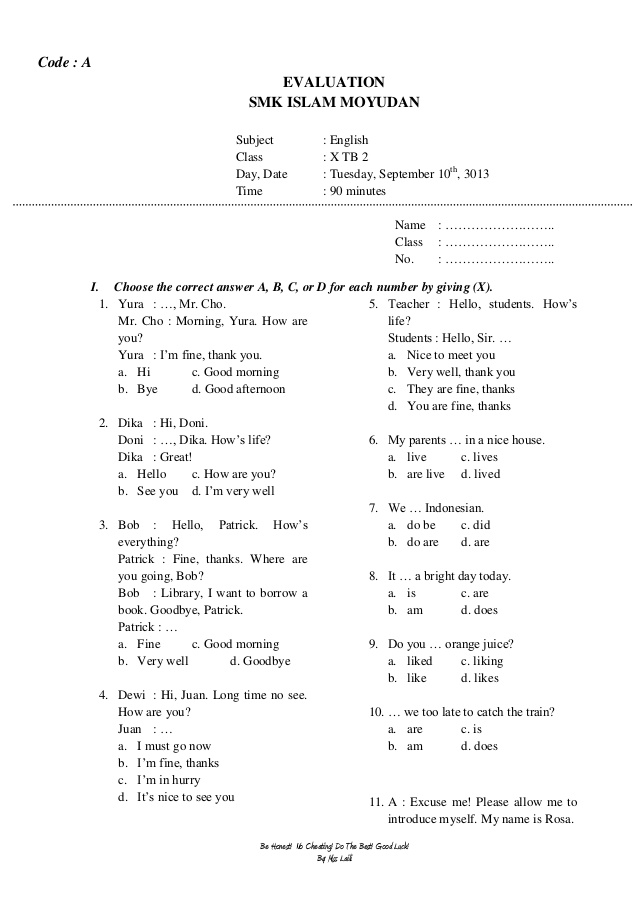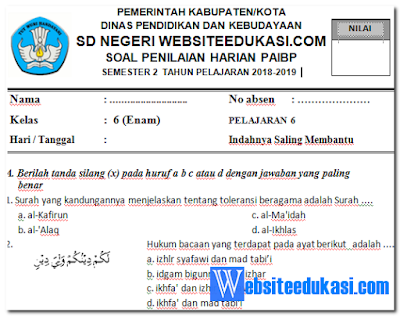Book Appointment Now

A Comprehensive Guide to English Class 10 Semester 2
I. Introduction
English is a crucial subject for 10th-grade students, acting as a foundation for higher education and future career prospects. Semester 2 typically builds upon the knowledge gained in the first semester, introducing more complex grammatical structures, vocabulary, and literary analysis techniques. This guide provides a comprehensive overview of the common topics covered in English Class 10 Semester 2, offering insights into the types of questions students might encounter, strategies for effective preparation, and valuable resources for further learning. The focus is on providing a structured approach to mastering the subject, leading to improved comprehension and performance in examinations.
II. Core Grammatical Concepts
A solid understanding of grammar is fundamental to success in English. Semester 2 typically delves deeper into the following grammatical areas:
-
Tenses: Perfect tenses (present perfect, past perfect, future perfect), continuous tenses (present continuous, past continuous, future continuous), and their usage in different contexts will be emphasized. Students should practice identifying and correctly using these tenses in sentences and paragraphs. Understanding the nuances of tense usage is key to conveying accurate meaning and maintaining consistency in writing.
-
Voice: Active and passive voice are critical components. Students must learn to identify and convert sentences from active to passive voice and vice-versa, understanding the impact on sentence structure and emphasis. This includes mastering the use of auxiliary verbs and participles.
-
Modals: Modals (can, could, may, might, should, would, must) express possibility, permission, obligation, and other nuances of meaning. A thorough understanding of their usage and appropriate contexts is essential. Exercises focusing on differentiating subtle differences in meaning between modals are crucial.
-
Conditionals: Conditional sentences (zero, first, second, and third conditionals) express hypothetical situations and their consequences. Mastering the appropriate tense usage within each type of conditional is vital for constructing complex and nuanced sentences.
-
Reported Speech: Converting direct speech into reported speech requires understanding changes in tense, pronouns, and time expressions. This involves accurate application of grammatical rules and attention to detail.
-
Clauses and Phrases: Differentiating between main clauses, subordinate clauses, and various types of phrases (noun phrases, verb phrases, adverbial phrases, etc.) is essential for sentence construction and analysis. Understanding how these elements work together to form complex sentences is critical for effective communication.
III. Vocabulary Enhancement
Expanding vocabulary is an ongoing process. Semester 2 typically introduces a wider range of vocabulary, focusing on specific themes relevant to the literature studied and general academic discourse. Students should actively engage in vocabulary building through:
-
Reading extensively: Reading diverse materials, such as novels, newspapers, and magazines, helps in passively absorbing new words and their contexts.
-
Using a dictionary and thesaurus: Regularly consulting these resources helps in understanding the meaning, usage, and synonyms/antonyms of new words.
-
Creating vocabulary lists: Maintaining personal vocabulary lists with examples and contexts aids in memorization and recall.
-
Using flashcards: Flashcards are a useful tool for memorizing new words and their meanings.
-
Contextual learning: Understanding the meaning of new words through their context in sentences and paragraphs is more effective than rote memorization.
IV. Literary Analysis and Comprehension
A significant portion of the semester focuses on analyzing literary texts, encompassing various genres like poetry, short stories, and novels. The emphasis is on developing critical thinking skills and the ability to interpret meaning. Key aspects include:
-
Plot analysis: Understanding the narrative structure, including exposition, rising action, climax, falling action, and resolution.
-
Character analysis: Identifying and analyzing the traits, motivations, and relationships of characters within the literary work.
-
Theme identification: Recognizing and interpreting the underlying messages and themes explored in the text.
-
Figurative language: Identifying and interpreting different literary devices such as metaphors, similes, personification, and symbolism.
-
Point of view: Understanding the perspective from which the story is narrated and its impact on the reader’s interpretation.
-
Setting and atmosphere: Analyzing the role of the setting in shaping the mood and tone of the literary work.
V. Writing Skills
Effective writing is a crucial skill emphasized throughout the semester. Students are typically assessed on their ability to write different types of essays, such as:
-
Narrative essays: Telling a story with a clear beginning, middle, and end.
-
Descriptive essays: Creating vivid imagery and sensory details to paint a picture for the reader.
-
Expository essays: Explaining a topic or concept clearly and concisely.
-
Argumentative essays: Presenting a reasoned argument and supporting it with evidence.
-
Formal and informal letters: Writing different types of letters according to specific formats and purposes.
VI. Exam Preparation Strategies
Preparing effectively for the semester 2 examination requires a well-structured approach:
-
Regular revision: Consistent review of the material throughout the semester helps in retaining information effectively.
-
Practice questions: Solving numerous practice questions familiarizes students with the exam format and question types.
-
Time management: Allocating sufficient time for each topic and practicing time-bound exercises helps in improving speed and accuracy.
-
Seeking clarification: Addressing any doubts or uncertainties with the teacher ensures a thorough understanding of the concepts.
-
Group study: Collaborating with classmates facilitates discussion and a deeper understanding of the subject matter.
VII. Resources
Several resources can aid in effective learning:
-
Textbooks: The prescribed textbook provides the core material for the course.
-
Reference books: Supplementary reference books offer additional explanations and examples.
-
Online resources: Numerous websites and online learning platforms offer valuable resources, including practice exercises and interactive lessons.
-
Study guides: Comprehensive study guides summarize key concepts and provide practice questions.
-
Previous year’s question papers: Solving previous year’s question papers helps in understanding the exam pattern and common question types.
VIII. Conclusion
Success in English Class 10 Semester 2 depends on consistent effort, effective study habits, and a proactive approach to learning. By focusing on mastering grammatical concepts, expanding vocabulary, developing strong literary analysis skills, and practicing writing, students can achieve a strong understanding of the subject and perform well in the examination. Remember to utilize the available resources and seek help when needed. With dedication and a structured approach, mastering English for Class 10 Semester 2 is achievable.




